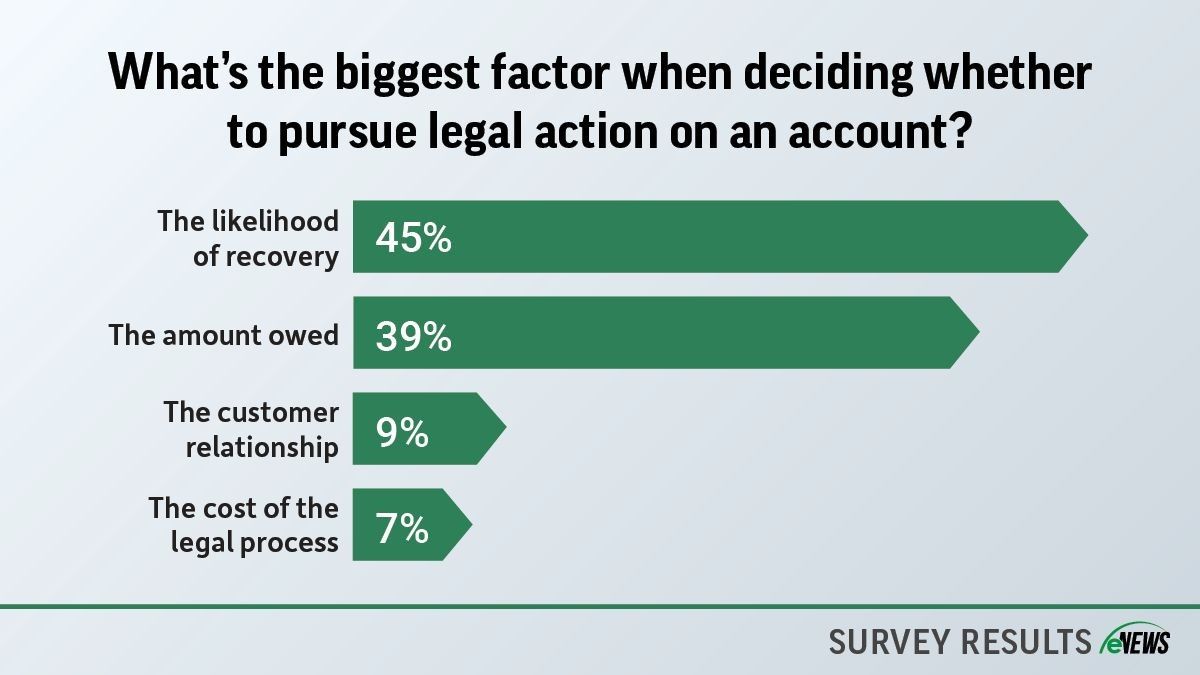Business Practices, eNews, Technology
The Costs of Customer Pushback Terms and Web Billing Portals

The practice of customer pushback on the payment terms offer by their vendors is forcing the hand of creditors. If they accept the longer terms demanded by the customer, it will be extremely difficult to return the terms to the previous level. If creditors deny the longer terms, they run the risk of losing their customer.
It’s the act of forcing the creditor to accept the debtor’s payment terms in order for them to restructure or fund their own internal projects in lieu of borrowing from their own bank, said Heidi Lindgren-Boyce, CCE, NACM board director and senior credit manager at Star Rentals, Inc. (Kent, WA). “When this happens, banks will charge interest and late payment penalties,” said Boyce. Customers are using their vendors for interest free financing through longer payment terms.
With the rise of digital payment options, customers can create portals with specialized terms and rules for creditors to follow. Some customers will try to include pay-when-paid or pay-if-paid terms into their contracts. This puts the creditor in a difficult position because then you are relying on your customer to vet their client in order to pay you. “The best-case scenario is if the lender or owner pays your customer you will get paid,” said Boyce. “Worst-case scenario would be any delays. For example, any large federal projects that delay out up to six months can cause you to go 6 months up to a year without getting paid.”
Before you agree to use any customer’s billing portals, you must ask a few important questions. For example, SAP Ariba is a common portal for payments. You must understand how your customer is using the portal when doing any onboarding or system integration practices. “Any new customers who go to Ariba have to follow a few important requirements,” said Kimberly Tatum, credit manager at Ferguson Enterprises, LLC (Baytown, TX). “They must have a purchasing contact for process problems, an AP contact for payment remittance information and an Ariba technical support contact name, as well as a backup Ariba technical support contact.”
For existing customers, this process can take up to six months to change, so credit professionals should also consider that before integrating Ariba. “I find line-item credit very confusing for the customer because most of the purchasing team is not familiar with it,” said Tatum. “Most of our customers have someone who created a user guide for their internal users. I see it at larger companies I used to do consulting for with this integration situation, and most aren’t aware that they have user guides.”
It is important to ensure you and your team understand the fine print of customer billing portals and any pushback terms customers may want to use. Understand the true math of customer pushback payment terms along with any costs of billing portals, discounts, rebates or customer add-on fees. “Always be ready to present this information to upper management,” said Boyce. “You have to know the true costs of doing business.”
The content for this article came from live sessions at the 2023 NACM Credit Congress in Grapevine, TX.
Be sure to join the upcoming Credit Congress Spotlight Session, SAP Ariba: Why Asking the Wrong Questions Could Be Hurting Your Working Capital on Thursday, Oct. 5. The new Credit Congress Spotlight Sessions are the perfect opportunity to savor a slice of the exceptional education that Credit Congress delivers annually. Credit Congress Spotlight Sessions feature some of the most insightful presentations from this year’s Credit Congress event. You can register for the full series for $399 per person or join the Unlimited Webinar Program (BEST VALUE) for $1200 for your entire company to participate in all webinars for a full year.





